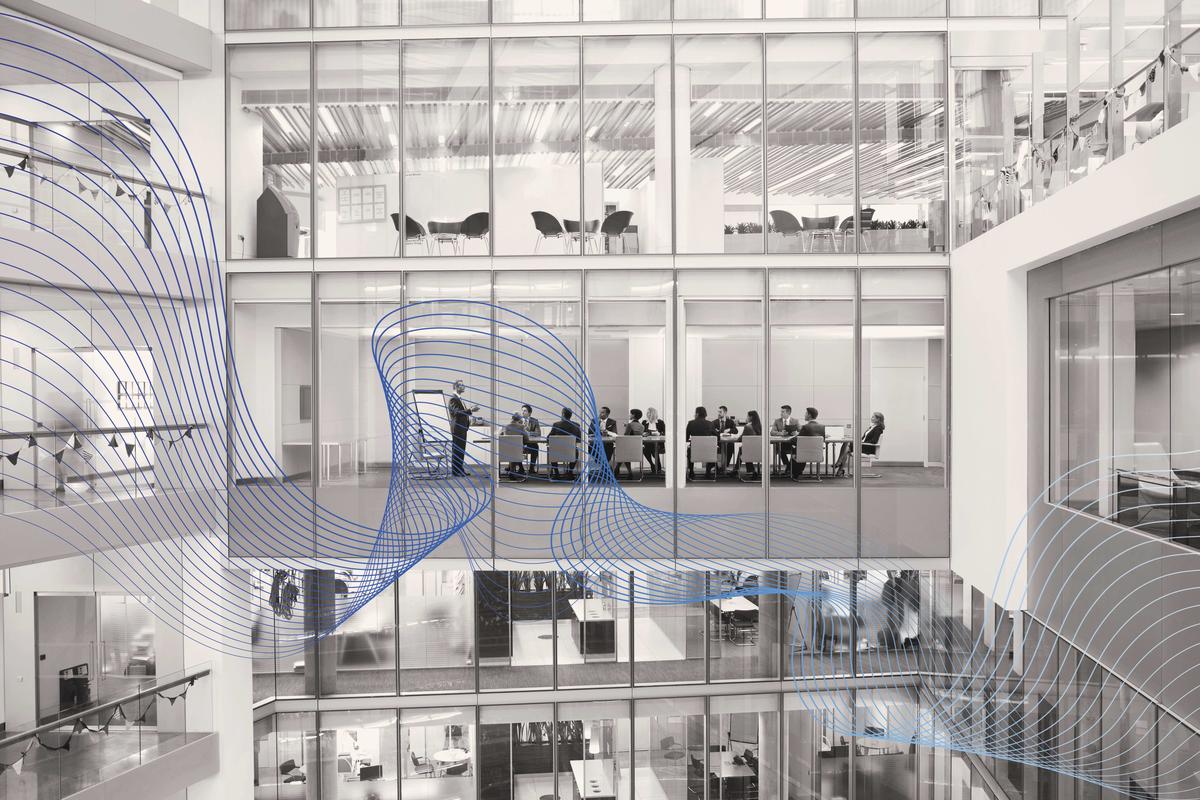Introducing the Edelman Net Trust Score
Over the last 19 years, the Edelman Trust Barometer has detected and documented some of the largest opinion shifts shaping the world. We have observed that the state and dynamic of trust in institutions was in many ways predictive of larger societal, economic and political changes to come.
Building on the conviction that trust is predictive in nature and converts into tangible realities, we initiated a comprehensive and global effort to augment the science of trust on a global scale. This 18-month process, conducted in partnership with leading academics in the field of trust and reputation, including Professor Daniel Diermeier of the University of Chicago, resulted in considerable progress in our understanding of what makes trust such a powerful asset for organizations, how to measure it accurately and demonstrate the true value it brings.
For example, we found that the power of trust as a key indicator is very much connected to its forward-looking nature and strong connection to risk. Unlike reputation or favorability, which are backwards- looking metrics, trust implies a dynamic projection — it is a bet that stakeholders place, trusting that the organization will deliver against their positive expectations.
We also advanced the understanding of the process that leads people to trust an organization or not.
Many factors come into play into this complex mechanic, but four dimensions are particularly powerful in shaping this judgment:
Ability: The perception the organization is good at what it does
Integrity: The conviction that it is honest
Dependability: The expectation that it will keep its promises
Purpose: The sentiment that the organization is trying hard to have a positive impact on society
One of the most significant outputs of this R&D effort is the Edelman Net Trust Score, a simple metric that can be used by businesses and organizations to monitor the state of their trust capital across countries and audiences. The score is comprised of an analysis of how stakeholders answer a simple question: To what extent do you trust the organization to do what is right?
We analyze the answers by looking at the share of respondents who express High, Medium and Low Trust.
Beyond its simplicity, we have found strong evidence that this score operates as a predictor of the resilience of a business or organization through adverse events. We also are measuring significant correlations between High Trust and stakeholders’ goodwill in the form of higher levels of loyalty, recommendation and endorsement, all contributing to giving High Trust companies a powerful competitive advantage.
Finally, we are observing fascinating parallels between the level of trust a company enjoys and its long-term performance in the marketplace and on the stock market (Fig. 14), findings we are continuing to strengthen and document.
Trust is a critical asset for any organization, and as such, it needs to be protected, promoted and managed to improve the chances that an organization will succeed in the long term.
Antoine Harary is the global managing director of Edelman Intelligence.








